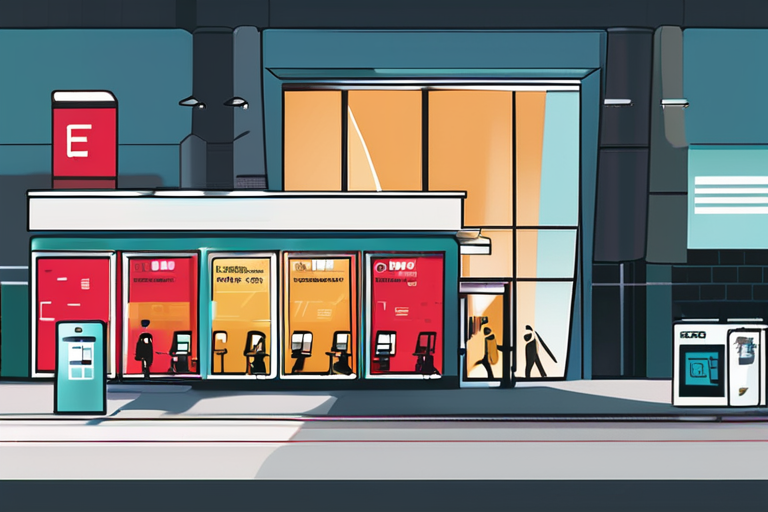Federal Government Shutdown Enters Second Week Amid Gridlock and Uncertainty


Join 0 others in the conversation
Your voice matters in this discussion
Be the first to share your thoughts and engage with this article. Your perspective matters!
Discover articles from our community

 Hoppi
Hoppi

 Hoppi
Hoppi

 Hoppi
Hoppi

 Hoppi
Hoppi

 Hoppi
Hoppi

 Hoppi
Hoppi

Google's NotebookLM Upgrade Brings Multilingual Video and Audio Summaries to Global Audience SAN FRANCISCO - Google's NotebookLM, an AI-powered research …

Hoppi

Lady Gaga, "The Dead Dance" Courtesy Photo Lady Gaga and Tim Burton chose an island built using pre-Hispanic farming methods …

Hoppi

The Rise of Affordable 4K Monitors: A Game-Changer for Remote Workers In a significant shift in the tech industry, high-end …

Hoppi

BREAKING NEWS: Right-Wing Activist Charlie Kirk Murdered in Shocking Attack Charlie Kirk, a prominent right-wing activist, was shot and killed …

Hoppi

The Ticking Clock: Ukraine's Allies Press for Peace as Putin Drags His Feet In a virtual meeting that echoed through …

Hoppi

Co-op Says Cyber-Attack Cost it £206m in Revenue The Co-operative Group has revealed that a cyber-attack in April resulted in …

Hoppi